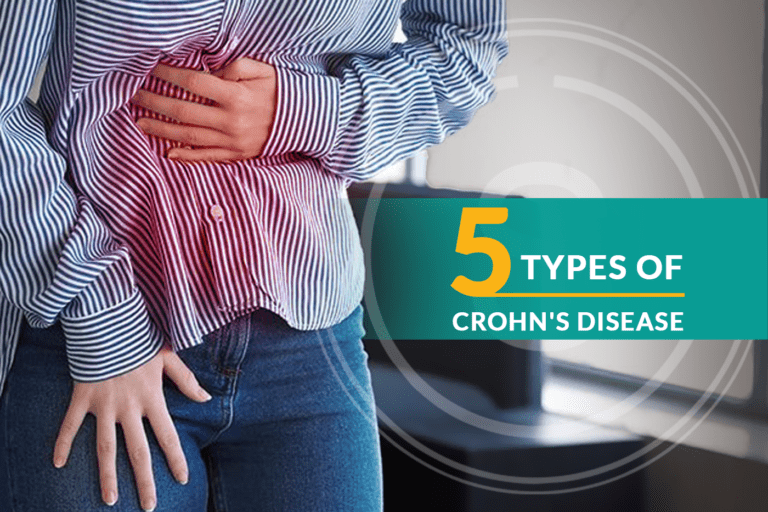Are you suffering from Crohn’s disease?
It can be very discomforting and disappointing. But, it is important to understand the types of Crohn’s disease to manage your symptoms – says Dr Parameshwara C M one of the best gastroenterologists at SMILES.
What is Crohn’s disease?
Crohn’s disease or ulcerative colitis is a chronic inflammatory bowel disease that causes inflammation to the lining of the digestive tract. It can lead to abdominal pain, severe diarrhoea, constipation, fatigue, nausea, weight loss, and malnutrition. Inflammation caused by Crohn’s disease can affect different areas of the digestive tract in different people.
It is also suggested that this chronic inflammatory bowel disease can be due to the combination of factors including genetics and environment
Know more about types of Crohn’s disease, their symptoms and how they affect specific parts of the digestive tract or gastrointestinal (GI) tract.
5 Different Types of Crohn's Disease
The experts of gastroenterology at SMILES outlines five main types of Crohn’s disease and their accompanying symptoms.
1. Ileocolitis
Ileocolitis is one of the most common forms of Crohn’s disease. This causes inflammation and irritation at the end of the small intestine (ileum) and the large intestine (colon). About 50% of people with Crohn’s disease are diagnosed with Ileocolitis.
People with Ileocolitis may experience the symptoms include:
- ● Diarrhoea
- ● Weight loss
- ● Pain or cramping in the right lower part or middle of the abdomen
2. Ileitis
Ileitis is a type of Crohn’s disease that causes inflammation only to the ileum, a portion of the small intestine. The symptoms of ileitis are as same as the symptoms of ileocolitis.
But, people with Crohn’s ileitis may develop gastrointestinal fistulas and an inflammatory abscess that is caused by a wide variety of infectious diseases.
3. Crohn’s colitis
Crohn’s colitis or granulomatous colitis is a type of Crohn’s disease that affects the colon, the main part of the large intestine. People with Crohn’s colitis may experience fistulas, ulcers, and abscess near the anus. Other symptoms of Crohn’s colitis include:
- ● Diarrhoea
- ● Rectal bleeding
- ● Joint pains
- ● Skin lesions
4. Jejunoileitis
Jejunoileitis causes patches of inflammation in the jejunum, the upper part of the small intestine. This form of Crohn’s disease is more commonly diagnosed in children than adults. Jejunoileitis is also a part of a group of a condition known as Inflammatory Bowel Disease(IBD).
Symptoms of Jejunoileitis may include:
- ● Abdominal pain or cramps after eating
- ● Diarrhoea
- ● Weight loss
- ● Anaemia
- ● Fatigue
5. Gastroduodenal Crohn’s disease
Gastroduodenal Crohn’s disease affects the stomach, esophagus, and duodenum (the first part of the small intestine). Around 5% of people with Crohn’s disease have Gastroduodenal Crohn’s disease.
People with Gastroduodenal Crohn’s may experience symptoms that include:
- ● Loss of appetite
- ● Weight loss
- ● Nausea
- ● Vomiting
- ● Fatigue
Remember, Crohn’s is not an illness that goes away in a single day or overnight. But, by taking proper care of inflammation you can minimize the progressive damage that can accumulate over a lifetime.
Consult our best gastroenterologist in Bangalore immediately to get treatment for your crohn’s disease.

